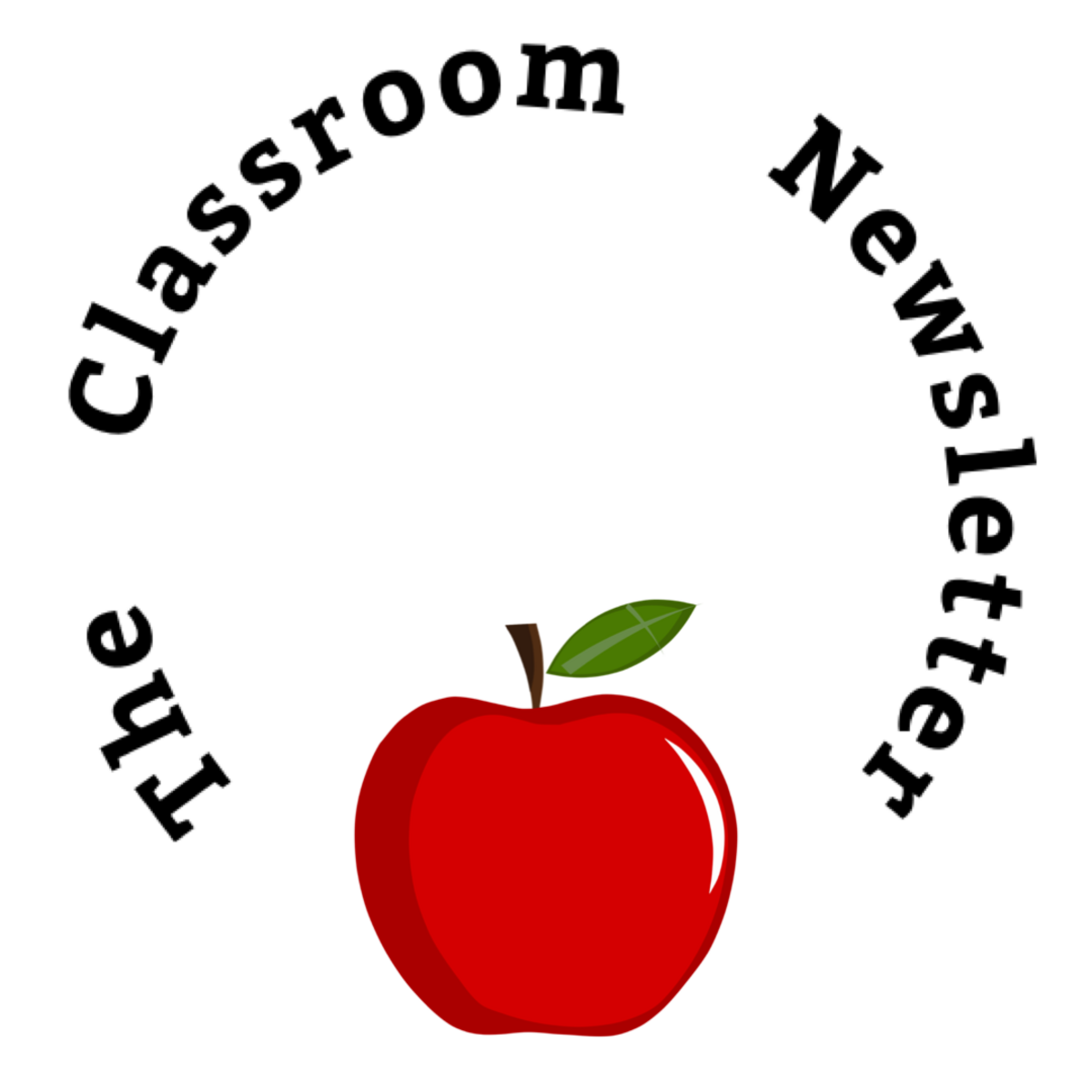In This Issue:
Lesson Planning: Project-based learning.
Classroom Management: Daily routines and procedures.
Parent Contact: Student learning milestones.
Burnout Busters: Seeking and accepting help from colleagues.
Health and Wellness: Upping my fruit and veggie intake.
This Week’s Bonus Prompts: Differentiation & First Year Teacher Prompts.
Homeroom Swag: Fun Fall Colored Leaves Letters & Numbers Set.
Laughter Lounge: Capt. Picard’s Observation.
Poll Position: Classic Video Games ROCK!
Happy Friday Y’all,
We made it! Another week in the book. Great Job!
This week we’re all about applying real-world learning, fostering strong routines, and finding the right balance between work and wellness. We’re also focusing on celebrating student milestones and building supportive connections with our colleagues.
In the words of Alvin Toffler, "The illiterate of the future will not be the person who cannot read. It will be the person who does not know how to learn." This quote is a powerful reminder for us as educators. Our role is not just to teach facts and figures, but to empower our students to become lifelong learners who can adapt, grow, and thrive in an ever-changing world.
Whether we’re planning an engaging project, establishing daily routines, or adding more fruits and veggies to our diet, every action we take is a step in the right direction. Let's dive into this week’s prompts and see how we can make a difference in our classrooms… and beyond!
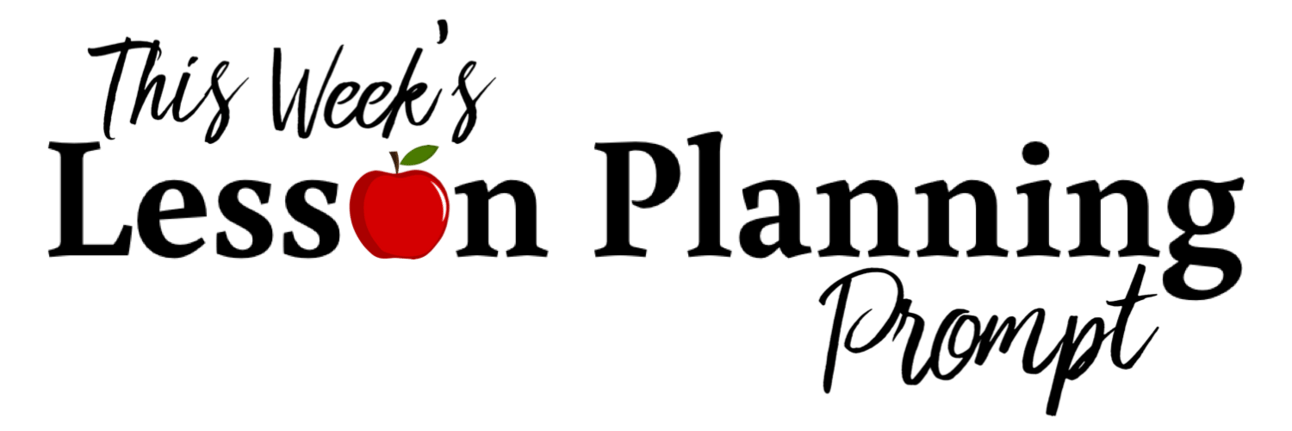
Scenario:
Ms. Rivera, a middle school social studies teacher, noticed that her students were struggling to connect the historical events they were learning about with the world around them. She wanted to create a lesson plan that would not only engage her students but also help them see the relevance of history in their daily lives.
Prompt:
I am a [class subject] teacher and I teach [grade level] students. Create a lesson plan for [subject/topic] that involves project-based learning and helps students apply concepts to real-world situations.
The Power Of The Prompt:
Project-based learning (PBL) transforms passive learning into active exploration. By tackling real-world problems, students develop critical thinking, collaboration, and creativity. PBL not only deepens understanding but also helps students see the relevance of their studies in their own lives.
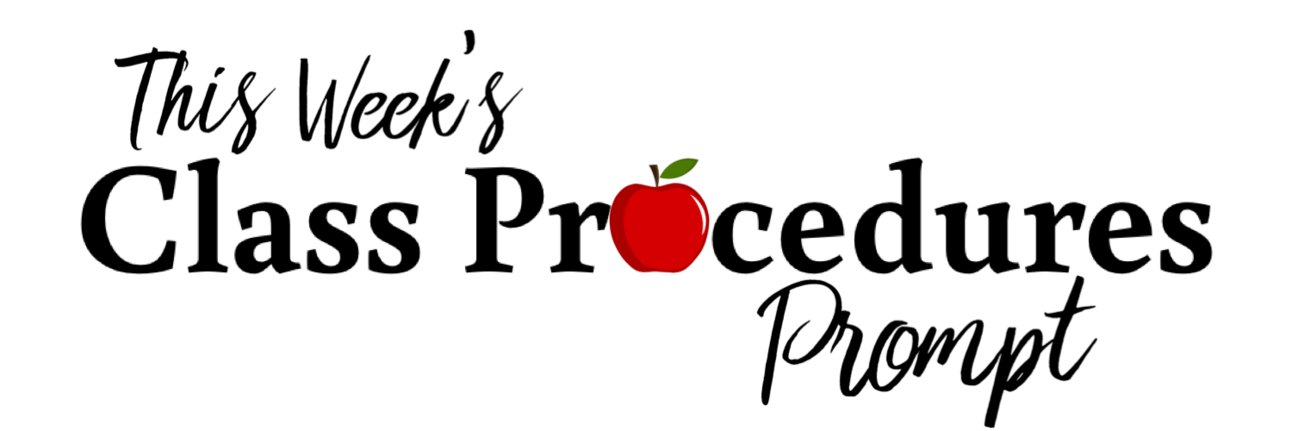
Scenario:
Mr. Thompson, a 4th-grade teacher, found that his students were often confused and disorganized at the start of each class. He realized he needed to implement consistent daily routines and procedures to help create a smoother transition from one activity to the next.
Prompt:
I am a [class subject] teacher and I teach [grade level] students. Help me develop a set of daily routines and procedures that ensure a smooth and organized classroom environment. Include steps for [specific routine, e.g., entering the classroom, starting class, etc.].
The Power Of The Prompt:
Establishing consistent routines helps reduce confusion and increases productivity. When students know what to expect, they feel more secure and focused, which leads to a more efficient and positive learning environment. Routines also help teachers manage their classrooms more effectively, allowing more time for teaching and learning.
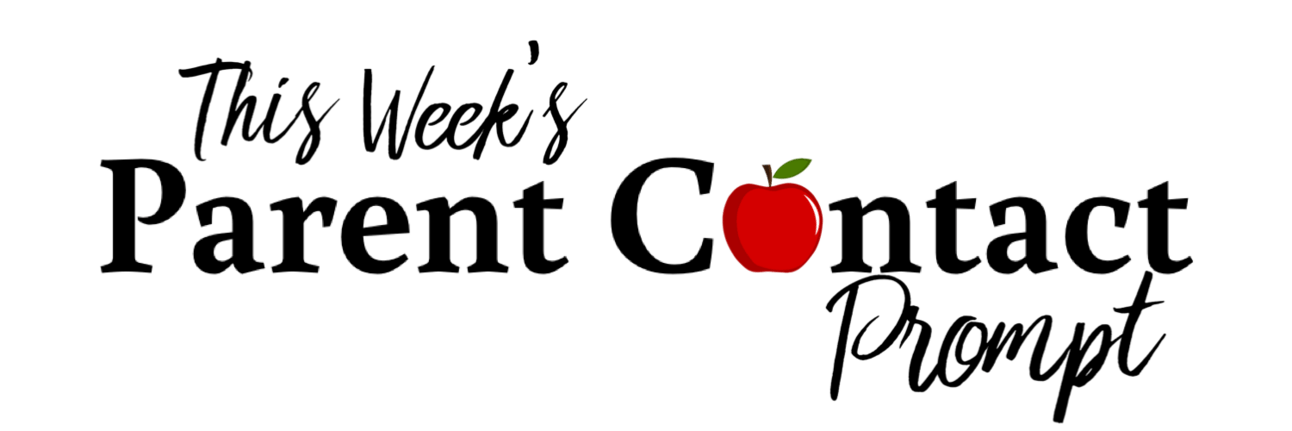
Scenario:
Ms. Patel, a kindergarten teacher, wanted to celebrate the progress her student had made in learning to read. She knew that reaching out to parents to share the milestones would reinforce the support at home and help build excitement and confidence in her young learner.
Prompt:
Draft a letter to [student's name]’s parents, [parent or guardian name(s)], celebrating [his/her] recent academic or developmental milestones. Highlight [specific achievements or progress], and suggest ways to continue supporting their child’s growth.
The Power Of The Prompt:
Celebrating milestones with parents fosters a positive home-school connection. It shows parents that their child’s efforts are being recognized and valued, and it encourages continued support and involvement. Positive communication also helps build a strong foundation for collaboration throughout the school year.

Scenario:
Ms. Adams, a high school English teacher, was overwhelmed by grading essays and preparing lessons for multiple classes. She hesitated to ask for help because she didn’t want to burden her colleagues. She needed a way to seek and accept assistance to manage her workload more effectively.
Prompt:
Provide strategies on how I can effectively ask for and accept help from colleagues. These strategies should align with [specific goals, e.g., reducing workload, fostering collaboration].
The Power Of The Prompt:
Asking for help is a sign of strength, not weakness. Effective collaboration with colleagues can lighten the workload, bring in fresh perspectives, and create a more supportive work environment. Learning to accept help graciously can lead to more meaningful professional relationships and a more balanced work-life experience.

Scenario:
Coach Ramirez, the school’s physical education teacher, wanted to set a positive example for his students by improving his own eating habits. He was looking for ways to incorporate more fruits and vegetables into his diet while maintaining his energy levels throughout the day.
Prompt:
I want to incorporate more fruits and vegetables into my diet. Suggest a meal plan and snack ideas that include [specific fruits or vegetables] and align with my [dietary preferences, health goals, etc.].
The Power Of The Prompt:
Eating more fruits and vegetables can improve energy levels, mental clarity, and overall health. By creating a tailored meal plan, you not only enhance your personal well-being but also set a positive example for students. Healthy teachers create healthy learning environments!
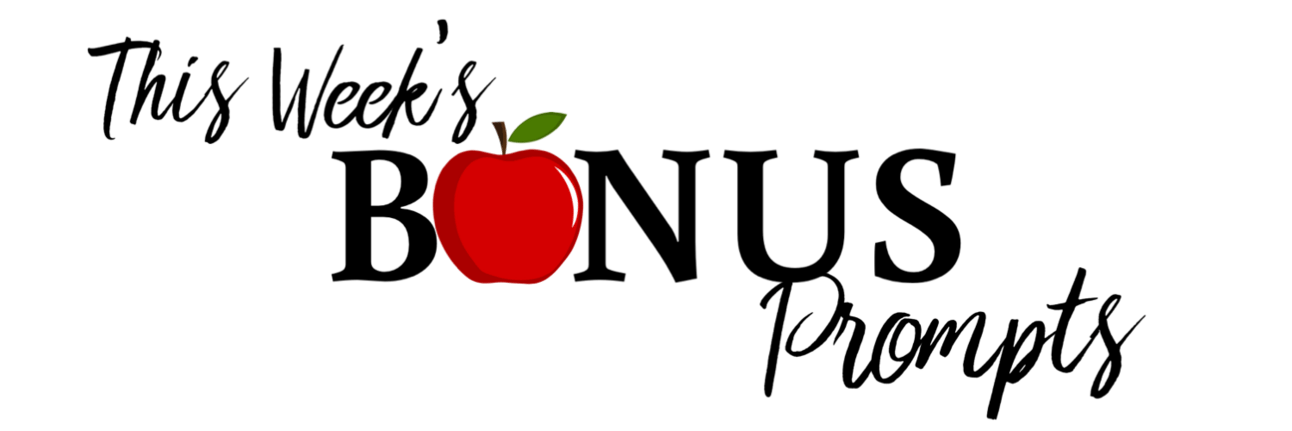
Differentiation Prompt
Scenario:
Ms. Williams, a high school math teacher, noticed that some of her students were excelling while others were struggling with the same material. She wanted to create a lesson plan that would challenge advanced students and support those who needed extra help.
Prompt:
I am a [class subject] teacher and I teach [grade level] students. Craft a lesson on [topic] and make it engaging and accessible for students at different proficiency levels, including ideas for both remediation and enrichment.
The Power Of The Prompt:
Differentiation ensures that all students have access to learning at their level. By tailoring lessons to different abilities, you can provide the right amount of challenge and support for each student. This approach keeps all students engaged and motivated to succeed.
First Year Teacher Prompt
Scenario:
Ms. Clark, a first-year elementary school teacher, was struggling to find ways to encourage her students to follow classroom rules and stay engaged with their work. She needed effective strategies for using positive reinforcement to build a constructive classroom environment.
Prompt:
I am a [class subject] teacher and I teach [grade level] students. Suggest effective positive reinforcement techniques to encourage good behavior and academic achievement in my classroom, tailored to [specific student needs or behaviors].
The Power Of The Prompt:
Positive reinforcement helps create a supportive and motivating classroom environment. By recognizing and rewarding desired behaviors, teachers can encourage students to strive for academic and behavioral excellence. It’s an effective way to build a classroom culture where everyone feels valued and inspired to succeed.

This week’s bulletin board set is the “Fun Fall Colored Leaves” Bulletin Board Letters and Numbers set. It features Fall colored leaves on a black background design throughout the alphabet and numbers. These vibrant, seasonal designs are perfect for classrooms and school hallways as we transition into autumn.




Which classic video game is the best?
Bottom Line Y’all…
This week’s newsletter has been all about embracing the power of learning and growth, both for ourselves and our students. Whether we’re implementing project-based learning, establishing effective routines, or making healthier choices, we are guiding our classrooms toward a future where learning never stops.
As Alvin Toffler reminds us, "The illiterate of the future will not be the person who cannot read. It will be the person who does not know how to learn." Let’s take this message to heart and continue to foster a love for learning, adaptability, and curiosity in our students—and in ourselves.
Thank you for being part of The Classroom Newsletter family! Your dedication to teaching and learning is what makes this community so special. Share this issue with colleagues, and let’s keep growing together!
Teach Forward! Improve Daily! Inspire Always!
Warm regards,
Mitch Fairchild
Founder, The Classroom Newsletter


